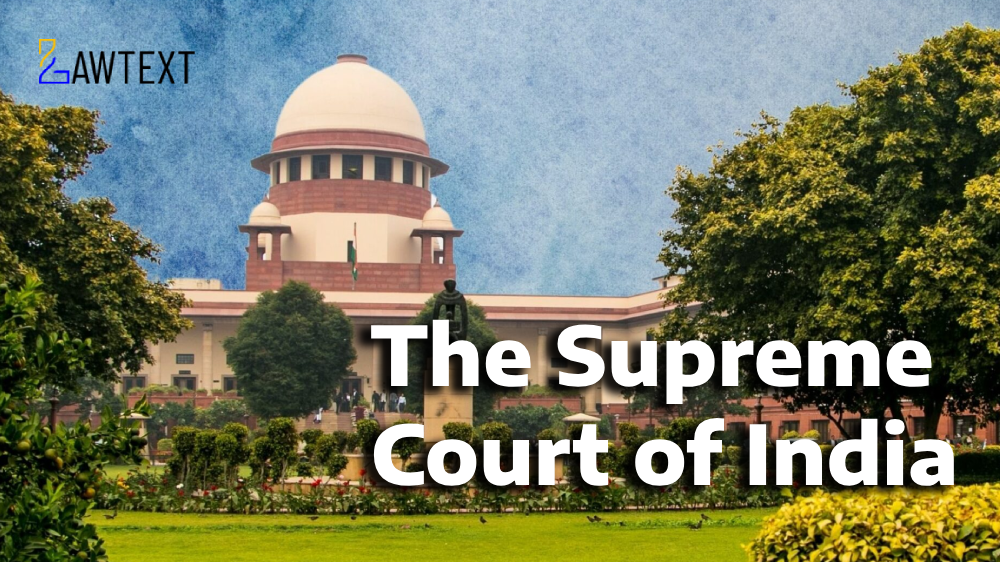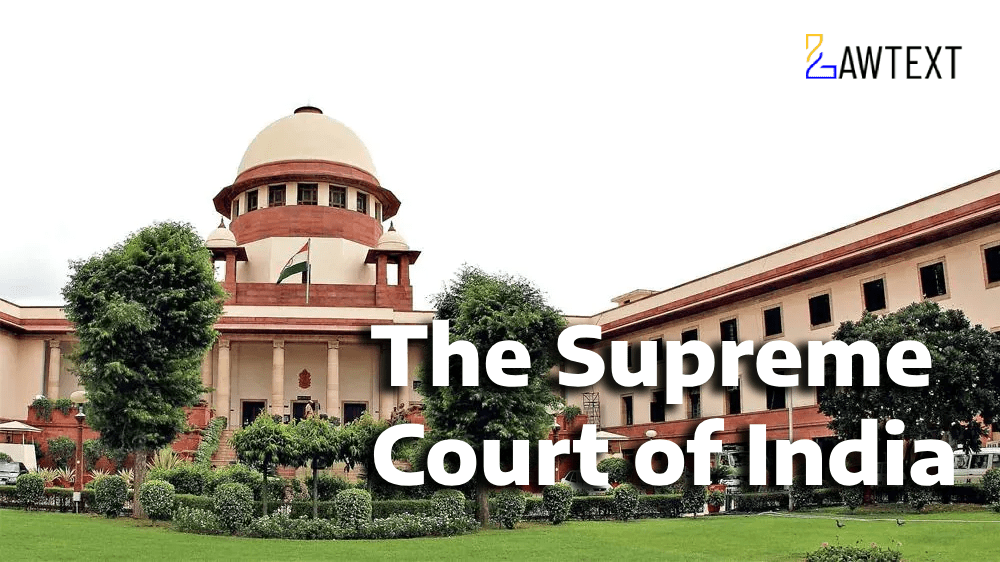Case Note & Summary
Criminal Law, Indian Penal Code (IPC), Dying Declaration, Conviction for Murder
The appeal was dismissed, and the appellant was directed to surrender before the trial court to serve his sentence of life imprisonment.
Prosecution Case:
The prosecution alleged that the appellant, along with his brother-in-law, set his wife, Rekha, on fire, resulting in her death. Rekha was a police constable, and the incident occurred at her residence in the police colony at Ambajogai. The prosecution presented evidence including dying declarations, witness testimonies, and forensic evidence.
Contents of Dying Declaration (Ex. 59):
In her dying declaration, the deceased stated that she was mistreated by her in-laws and accused of bad behavior. She narrated incidents of verbal and physical abuse, demands to hand over her salary, and restrictions imposed on her participation in sports competitions. The declaration implicated the appellant and her brother-in-law in the incident leading to her burn injuries.
Examination of Dying Declarations:
The dying declaration (Ex. 59) was recorded by PW-6, a police officer, in the presence of PW-13, a medical professional. Despite the deceased's severe burn injuries, she was deemed fit to provide her statement, which was recorded accurately by PW-6.
Medical Evidence:
The medical evidence corroborated the contents of the dying declaration, further strengthening its credibility.
Analysis of Prosecution Witnesses:
Though inconsistencies were noted in the testimonies of prosecution witnesses, including PW-6, PW-12, and PW-13, they did not undermine the core of the deceased's statement in the dying declaration.
Legal Analysis of Dying Declaration:
The court analyzed the legal principles governing dying declarations as per Section 32(1) of the Indian Evidence Act, 1872. It emphasized that once a dying declaration is found to be authentic and voluntary, it can be the sole basis for conviction without corroboration.
Judicial Precedents:
The court referred to various judicial pronouncements, including Khushal Rao vs. State of Bombay, Paniben vs. State of Gujarat, and other cases, which underscored the reliability and sanctity of dying declarations.
Conclusion:
After careful scrutiny of the evidence, including the dying declaration (Ex. 59) and medical records, the court upheld the conviction of the appellant for murder. The court found the dying declaration to be credible and reliable, establishing the guilt of the appellant beyond a reasonable doubt.
Issue of Consideration: Rajendra S/O Ramdas Kolhe vs State Of Maharashtra
Premium Content
The Issue of Consideration is only available to subscribed members.
Subscribe Now to access critical case issues







